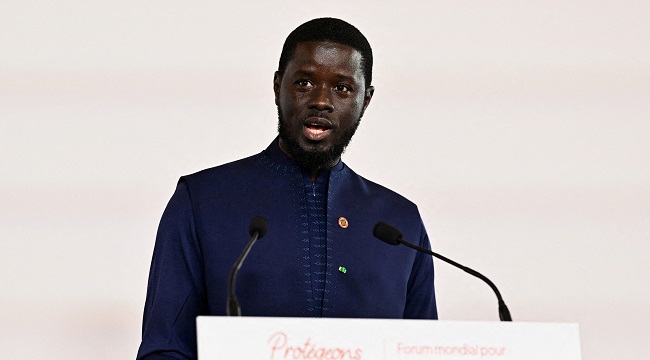POLLS have opened in Senegal’s parliamentary elections as President Bassirou Diomaye Faye aims for a resounding majority to see through the promises of ambitious reforms that swept him to power eight months ago.
More than seven million of the country’s 17 million people are eligible to vote on Sunday to pick members of the 165-seat National Assembly for a five-year term. Polls opened at 8am (08:00 GMT) and will close at 6pm (18:00 GMT).
Faye secured victory in March pledging economic transformation, social justice and a fight against corruption – raising hopes among a largely youthful population facing high inflation and widespread unemployment. He dissolved the National Assembly in September.
Faye appointed his firebrand mentor Ousmane Sonko as prime minister after Sonko was barred from running for president due to defamation charges against him.
The pair promised a left-wing pan-African agenda – promising to diversify political and economic partnerships, review hydrocarbon and fishing contracts and re-establish Senegal’s sovereignty, which they alleged had been “sold abroad”.
An opposition-led parliament hampered the government’s first months in power, leading Faye to dissolve the parliament in September and call snap elections as soon as the constitution allowed him to do so.
Analysts say Senegalese voters have historically confirmed their presidential choice during parliamentary elections, and the governing Pastef party is the favourite to win.
Earlier this year, the West African country witnessed the worst violence in decades in the run-up to the presidential vote. The then-President Macky Sall delayed the vote originally scheduled in February, plunging the country into chaos. The move led to deadly protests, as well as a pushback from the country’s highest court.
Elections finally took place on March 24, giving a smashing victory to Faye – a relatively unknown candidate appointed by widely popular Sonko. But seven months since the vote, pledges have failed to materialise, with Sonko blaming the opposition-led parliament for failing to pass legislation needed to execute the promised reforms.
Senegal is plunging into a debt crisis after the new government said it had discovered the budget deficit was much wider than reported by the previous government. A $1.9bn IMF programme is on hold while the government audit is being reviewed.
The main threat to the Pastef party’s ambitions is the unexpected alliance of two opposition parties, including the Alliance for the Republic (APR), headed by Sall. The race also includes two smaller opposition coalitions – one led by Dakar’s mayor, Barthelemy Dias.







